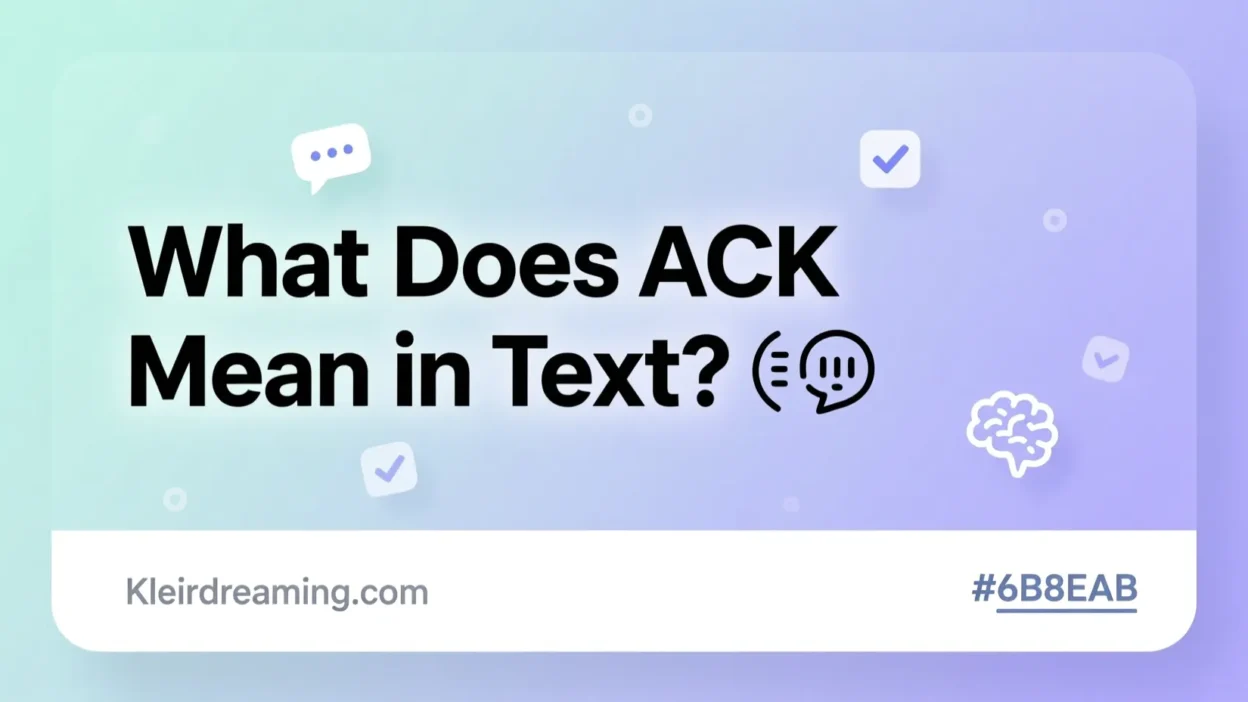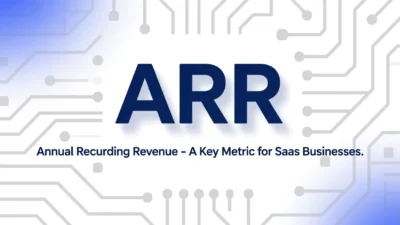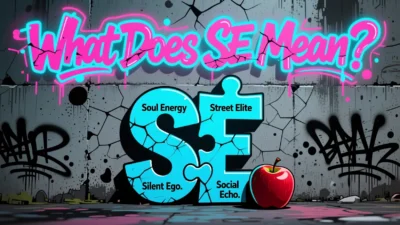Ever been in a group chat and suddenly saw someone type “ack” and thought, “Wait… what does that mean?” 😅 I remember the first time it happened to me. I froze for a moment, staring at the screen, wondering if I’d missed some secret code. I even asked my friend, who laughed and said, “It just means acknowledge!”
If you’ve ever felt confused or out-of-the-loop when you saw ACK, you’re definitely not alone. In this article, we’ll break it all down: what ACK means, how to use it correctly, real-life examples, when to avoid it, and similar slang alternatives that will make your texting game stronger.
Quick Answer: ACK means “Acknowledge.” It’s a friendly and casual way of letting someone know you’ve read or understood their message without needing a long reply.
What Does ACK Mean in Text? 🧠
In texting or online chat, ACK is short for “Acknowledge.” It’s the kind of response that says, “I got it,” “Understood,” or “Message received” — all in just three letters.
Unlike “ok” or “k,” ACK feels slightly more professional but still casual enough for friends or colleagues. It’s a simple, efficient way to confirm that you’ve read someone’s message, especially when there’s no need for a detailed reply.
Example Sentence:
- A: “Can you send me the updated document by 3 PM?”
- B: “Ack, I’ll send it over.” ✅
In short: ACK = Acknowledge = I’ve read or understood your message.
Where Is ACK Commonly Used? 📱🌐
ACK is versatile and pops up in many texting or online contexts. Here’s where you’re most likely to see it:
- Texting & iMessage 📱 – Quick confirmations between friends or family.
- Gaming chats 🎮 – Players often use ACK to confirm instructions fast.
- Slack, Teams, or Workplace Chats 💼 – Informal office communication sometimes uses ACK to keep things short.
- Discord & Reddit 🌐 – Online communities love it for quick replies.
- Emails (informal) 📧 – Occasionally used in friendly or casual professional emails, but avoid in formal messages.
Tone: Mostly casual and friendly; sometimes neutral-professional depending on the platform.
Best Fit: Social media, texting, online communities, and casual work chats.
Examples of ACK in Conversation 💬
Here are 10 real-life examples showing how ACK is used in different contexts:
- Friend Chat:
A: “Don’t forget the party tonight!”
B: “Ack 😄” - Casual Workplace Chat:
A: “Please review the draft by 5 PM.”
B: “Ack, I’ll get it done.” - Gaming Chat:
A: “Move to point B and cover me.”
B: “Ack, on it 🎮” - Texting:
A: “Pick up some milk on the way home?”
B: “Ack 🥛” - Discord Server:
A: “Meeting starts in 10 mins, ready?”
B: “Ack 😎” - Quick Confirmation:
A: “Lock the door before leaving.”
B: “Ack, got it!” - Emoji Style:
A: “Your turn in the game!”
B: “Ack 👍” - Professional-Friendly:
A: “Please check the client email.”
B: “Ack, will respond shortly.” - Casual Reminder:
A: “Don’t forget the concert tonight!”
B: “Ack, can’t wait 🎵” - Group Chat:
A: “We’ll meet at 6 at the café.”
B: “Ack, see you there ☕”
These examples show how ACK can fit into texting, casual work chats, and online communities.
When to Use and When Not to Use ACK ✅❌
Using ACK in the right context makes it effective. Here’s a detailed guide:
✅ When to Use
- Friendly chats with friends or family
- Quick confirmations in casual work chats
- Gaming instructions with teammates
- Short replies in social media threads
- Texts where a longer response isn’t needed
❌ When Not to Use
- Formal emails or professional correspondence
- Serious or sensitive situations (e.g., health or emergencies)
- Conversations requiring politeness or detailed confirmation
- When the recipient may not understand internet slang
Comparison Table:
| Context | Example Phrase | Why It Works |
|---|---|---|
| Friend Chat | “No rush, ack 😄” | Casual & friendly |
| Work Chat | “Ack, I’ll update it” | Quick, polite confirmation |
| “Please review this” | Formal & professional | |
| Gaming Chat | “Ack, got your move” | Fast & clear acknowledgment |
| Discord Server | “Ack 👍” | Short, informal, visual reply |
Similar Slang Words or Alternatives 🔄
Sometimes you might want to mix it up. Here are slang alternatives to ACK with their usage:
| Slang | Meaning | When to Use |
|---|---|---|
| Gotcha | Got it / Understood | Casual & friendly |
| Roger | Received / Understood | Gaming, professional, military |
| KK | Okay / Got it | Texting, casual |
| 👍 | Thumbs up / Confirmation | Quick visual acknowledgment |
| Copy | Received / Noted | Professional & casual |
| Noted | Acknowledged | Formal or semi-formal contexts |
Using these alternatives helps vary your responses, making chats feel natural and dynamic.
History and Origin of ACK 🕰️
The abbreviation ACK comes from networking and computing terminology. In technical terms, an “ACK” packet confirms that data has been successfully received. Over time, it migrated into casual texting as a quick way to say “understood” or “message received.”
- In tech: ACK = Acknowledgment packet
- In texting: ACK = I’ve seen or understood your message
This history explains why ACK feels concise and neutral — it’s efficient and to the point.
Tips for Using ACK Like a Pro ✨
- Add Emojis for Tone:
- “Ack 😅” — casual, humorous
- “Ack 👍” — neutral, clear
- Use in Group Chats: Saves time when confirming messages for multiple people.
- Pair with Names or Tasks:
- “Ack, Sarah! I’ll handle the presentation.”
- Avoid Overuse: Using ACK for every small reply can feel robotic. Mix in “Got it,” “Sure,” or “Noted.”
- Check Platform Awareness: Some older audiences may not know ACK, so consider using “Got it” in mixed-age chats.
FAQs About ACK ❓
Q1: Is ACK formal or casual?
Mostly casual, but can work in informal work chats. Avoid in formal emails.
Q2: Can I use ACK in professional emails?
Yes, but only in friendly or semi-formal contexts. For formal emails, use “Noted” or “Understood.”
Q3: Is ACK used worldwide?
Popular in English-speaking chats, gaming communities, and social media. Non-English speakers may not immediately recognize it.
Q4: Can ACK be flirty?
Not usually. It’s neutral. Add playful emojis to convey humor or friendliness.
Q5: Is ACK the same as “ok” or “okie”?
Similar, but ACK feels slightly more professional or neutral than casual “ok” or “okie.”
Q6: Can I use ACK in texting multiple people at once?
Yes! Perfect for group chats to quickly confirm messages without typing long replies.
Q7: Is ACK only used in digital conversations?
Mostly yes, but it can also appear in handwritten notes or team boards in casual office settings.
Q8: What other abbreviations are similar to ACK?
“Gotcha,” “Roger,” “Copy,” “KK,” and even a simple 👍 emoji are common alternatives.
Final Thoughts 💡
Next time you see ACK in a chat, you can confidently read it as a quick, friendly acknowledgment. It’s short, efficient, and keeps conversations flowing without being rude.
Whether you’re texting friends, confirming tasks at work, or strategizing in a game, ACK is a handy tool in your texting vocabulary. Pair it with emojis for tone, mix it with alternatives, and use it in the right context — and you’ll never be confused by this little three-letter word again! 😎
Remember: ACK = Acknowledge = I’ve read your message. Short, sweet, and super effective.



